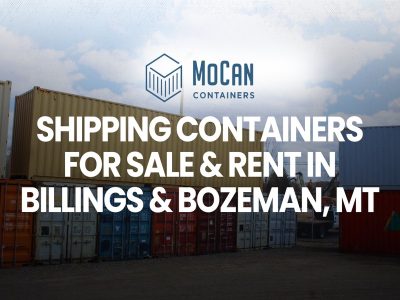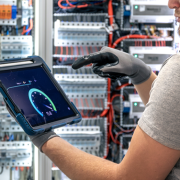Point-of-Sale (POS) systems are vital for businesses, providing a secure environment to record and process sales transactions. Traditionally, on-premise POS systems have been used, where the system is installed directly in the business premises and managed by an IT specialist. As cloud technology has become more popular, cloud-based POS systems are now available, offering a range of benefits to businesses.
The differences between a cloud-based and on-premise point-of-sale (POS) system can have a major impact on your business operations. Understanding what sets them apart will help you determine which type of Pos system is best for your business needs.
Here are the key differences between cloud-based and on-premise POS systems:
Accessibility
On-premise POS systems are only accessible within the business premises, while cloud-based systems can be accessed from any location using a web browser or mobile device. This makes it much easier for business owners to manage their business operations remotely and stay connected with customers and employees.
Data Security
On-premise POS systems must be manually updated by an IT specialist, making it difficult to ensure the system is up-to-date with the latest security patches. Cloud-based systems, on the other hand, are regularly updated automatically, eliminating this problem and providing businesses with a higher level of data security.
Maintenance
On-premise POS systems require regular maintenance, as hardware components may need to be repaired or replaced. A cloud-based Pos system does not have any physical hardware and is maintained by the cloud provider, making them more cost efficient and less time-consuming to manage.
Flexibility
On-premise POS systems are difficult to customize and may require additional hardware or software purchases to meet changing business needs.
Cloud-based systems are much more flexible, allowing businesses to quickly add features or scale up their operations without the need for additional hardware or software purchases.
Cost
On-premise POS systems generally have a higher upfront cost due to the hardware, software and IT support costs required for installation and maintenance. In contrast, cloud-based systems are more cost efficient as businesses only pay for the features they use and there are no additional hardware or software purchases required.
Reliability
On-premise POS systems are vulnerable to power outages and technical glitches, as the hardware components may need to be replaced or repaired in order for the system to function properly. Cloud-based systems offer a much higher level of reliability as there is no hardware involved and the system can be accessed from any location.
Analytics
On-premise POS systems cannot provide businesses with the same level of insights and analytics as cloud-based systems, since many of them are limited to basic reporting features.
Cloud-based systems offer more advanced analytics capabilities, allowing business owners to understand customer behavior, optimize operations and make data-driven decisions.
Scalability
Cloud-based systems can easily scale up or down depending on the needs of your business, whereas on-premise systems may need to be upgraded or replaced in order to accommodate the changing needs of your business.
Updates
Software updates for cloud-based systems are managed by the provider, meaning businesses can benefit from the latest features and functions without any additional effort. On-premise systems require manual updates to be installed by an IT specialist in order to stay up to date.
Takeaway
In conclusion, cloud-based POS systems offer a range of benefits to businesses compared to on-premise systems, such as improved accessibility, better data security and enhanced analytics capabilities. Many businesses are now making the switch to cloud-based solutions in order to stay competitive and maximize their profits. It is important for business owners to consider their specific needs and budget before deciding which type of POS system is best for them.
By understanding the key differences between cloud-based and on-premise POS systems, business owners can make an informed decision that will help them maximize the success of their business.










Comments